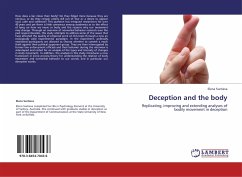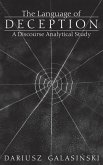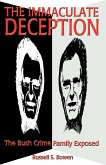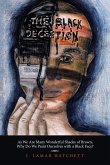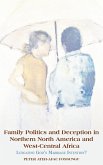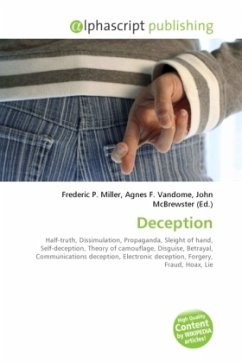How does a liar move their body? Do they fidget more because they are nervous, or do they remain utterly still out of fear or a desire to appear cool, calm and collected? This question has intrigued researchers for over 40 years and yet there is little consensus among academics as to the effect of lying on how we move or body and the reasons why our movement may change. Through an overview of nonverbal behavior research over the past several decades, this study attempts to address some of the issues that have affected the quality of empirical work on this topic through a new an ecologically valid experimental paradigm. In the experiment, politically motivated participants are allowed to choose whether to commit a mock theft against their political opponent group. They are then interrogated by former law enforcement officials and their behavior during the interview is videotaped and coded for an analysis of the types and intensity of changes in body movement. In addition, the analysis in this study introduces a new framework in ironic process theory for understanding the relation of body movement and nonverbal behavior to our words, and in particular our deceptive words.
Bitte wählen Sie Ihr Anliegen aus.
Rechnungen
Retourenschein anfordern
Bestellstatus
Storno

